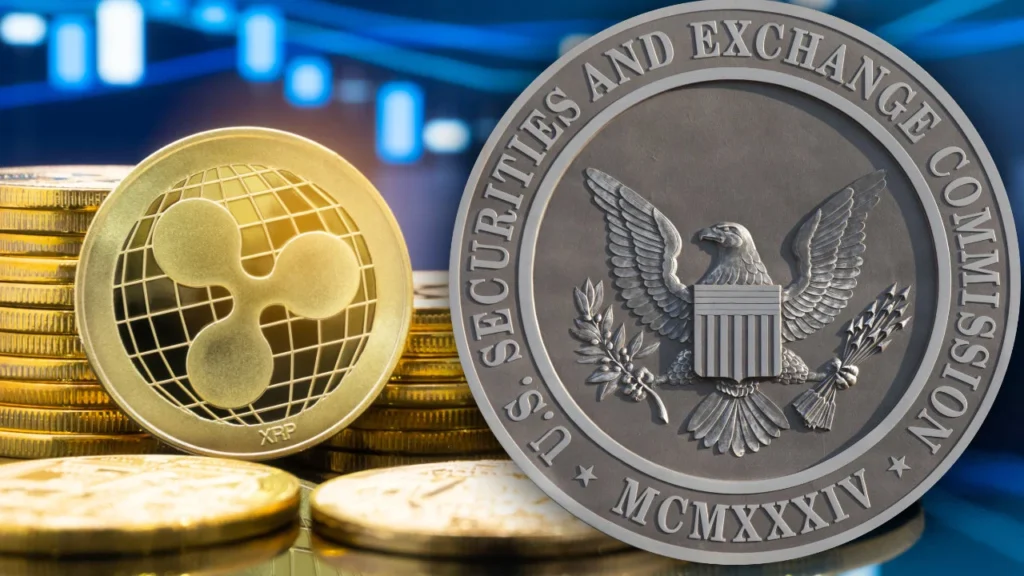Cryptocurrencies are becoming increasingly popular, and crypto exchanges, where you can buy, sell and exchange digital assets, play a key role in this process. The market is developing especially actively in the United States, where regulation of this area is being approached seriously and carefully. One of the most popular topics among traders and investors is the issue of licensing crypto exchanges. The concept of crypto exchange in USA causes a lot of discussion, since it is here that strict rules are created for the operation of such sites.
Why is Crypto Exchange Licensing Important?
Licensing of crypto exchanges in the United States is aimed at protecting customers and preventing illegal activities. This is especially true, since cryptocurrencies remain a relatively new and not fully understood technology. Without regulation, the market could become a hub for fraud, money laundering and other financial crimes.
In addition, obtaining a license in the United States helps crypto exchanges gain the trust of users. Licensed exchanges are required to comply with laws on data protection, financial transparency and the security of customer funds. For users, this means fewer risks and more confidence when using such sites.

Who regulates crypto exchanges in the USA?
Crypto exchanges in America face the demands of several regulatory authorities at once. Among them:
- The Securities and Exchange Commission (SEC). If tokens or other digital assets are recognized as securities, the exchange must comply with SEC requirements.
- The Commodity Futures Trading Commission (CFTC). This organization regulates transactions with cryptocurrencies if they are used for trading futures or derivatives.
- Financial Crime Fighting Network (FinCEN). Crypto exchanges are required to comply with anti-money laundering (AML) laws and know their customers (KYC) in order to minimize the risks of illegal transactions.
Regional authorities. In some states, such as New York, a special license is required to work. For example, exchanges operating here must receive BitLicense, which significantly complicates the process of launching the platform.
Basic requirements for Crypto exchanges in the USA
In order to obtain a license and operate in the United States, crypto exchanges must meet a number of conditions. The main ones are:
- Compliance with AML and KYC standards. Exchanges are required to verify the identity of their customers, monitor suspicious transactions and provide reports on them to regulatory authorities.
- Protection of customer data. Any licensed platform must ensure that users’ information is reliably protected from leaks and cyber attacks.
- Reserving funds. Exchanges should have a certain reserve in case of financial problems. This ensures that customers will be able to get their money back, even if the platform has difficulties.
- Technical safety. Platforms are required to implement modern technologies to prevent hacker attacks and unauthorized access.
- Legal responsibility. Licensed exchanges should be prepared for audits and inspections by regulatory authorities.

Advantages and Challenges of Licensing Crypto Exchanges in the USA
Licensing gives exchanges many advantages. This opens up access to one of the largest markets in the world, helps attract large investors and strengthen their reputation. This is also a big plus for users, as licensed platforms are more reliable and transparent.
However, for crypto exchanges, the licensing process in the United States is a challenge. In addition to serious financial costs, companies face lengthy procedures that can take years. For example, getting a BitLicense in New York often becomes an obstacle for new platforms. However, it also helps to weed out unscrupulous market participants.
So, licensing is not just a formality. It helps to make the cryptocurrency market more secure and stable. If you plan to use crypto exchange in USA, it is important to understand that such platforms undergo strict checks and meet strict standards.
Crypto exchanges in the United States are more than just trading platforms. This is a whole infrastructure that is developing on the basis of trust, law and high standards. For users, this means that the future of cryptocurrency is in the hands of those who are willing to work honestly and transparently.

